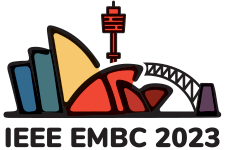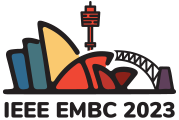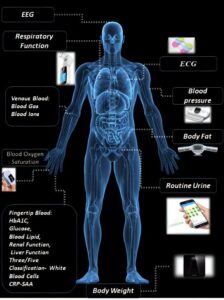Plenary Speakers
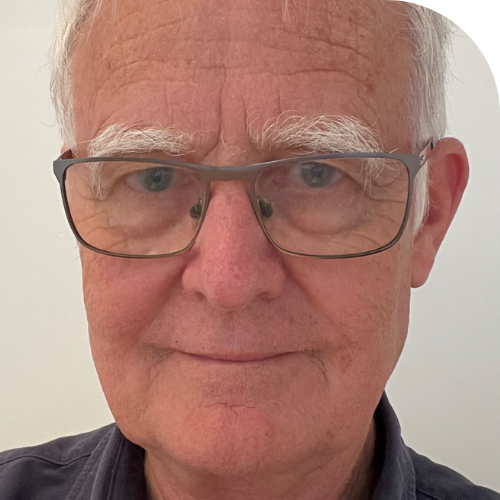
View Video on Peter’s work that you can learn about EMBC 2023
Professor Peter Hunter
The University of Auckland
Plenary Speaker | Computational Systems, Modeling and Simulation in Medicine, Multiscale Modeling & Synthetic Biology
Peter is a Distinguished Professor at the University of Auckland and Director of the Auckland Bioengineering Institute (ABI). His research interests are in modeling human physiology and helping to implement biophysically based models in clinical applications. He is an elected Fellow of the Royal Society (London and NZ) and has previously been Executive Chair of the World Council of Biomechanics, Chair of the International Academy of Medical & Biological Engineering (IAMBE), President of the European ‘Virtual Physiological Human’ (VPH) Institute, Vice-President of the International Union of Physiological Sciences (IUPS) and Chair of the IUPS Physiome Committee. He is currently leading the MAP-core component of the NIH-funded SPARC project on mapping the autonomic nervous system, and the NZ Government funded ‘12 Labours’ project to implement physiome multiscale models into clinical workflows. He is the academic lead for a project to create a new medical technologies precinct in Auckland (called the Medtech Innovation Quarter or Medtech-iQ) in Grafton and Newmarket.
Talk Title: Physiome modelling and the 12 Labours project
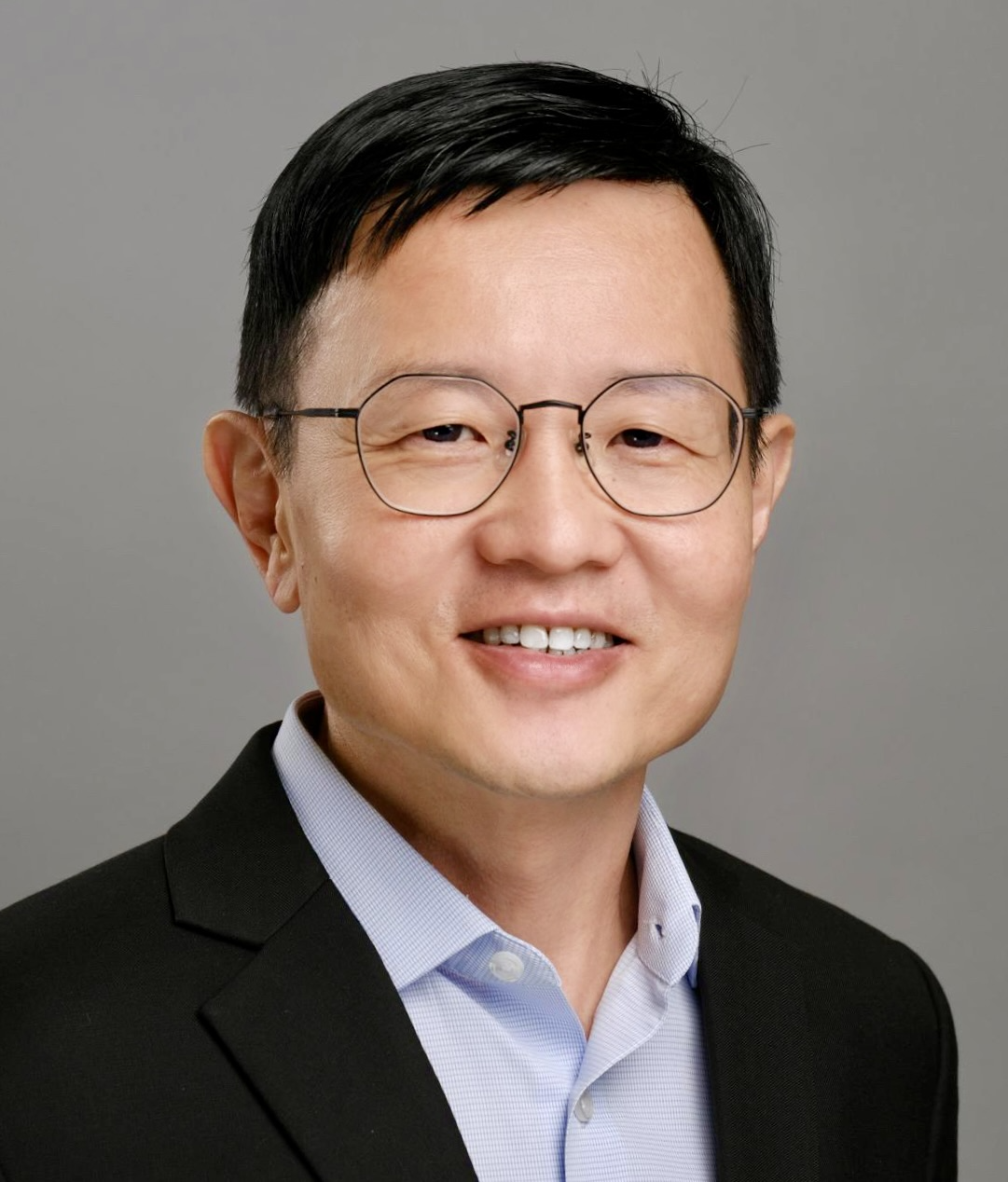
Professor Chwee Teck LIM
National University of Singapore
Plenary Speaker | Micro/Nano-Bioengineering, Cellular/Tissue Engineering & Biomaterials | Biomedical Sensors and Wearable Systems | Biorobotics and Biomechanics
Professor Chwee Teck LIM is the NUS Society Professor of Biomedical Engineering and Director of the Institute for Health Innovation and Technology at the National University of Singapore. His research interests are in mechanobiology and the development of microfluidics and wearable sensing technologies for healthcare applications. He has co-authored over 470 journal publications and delivered more than 450 plenary/keynote/invited lectures. Prof Lim is an Elected Fellow of IUPESM, US National Academy of Inventors, AIMBE, IAMBE, AAET, Academy of Engineering, Singapore and Singapore National Academy of Science. He has garnered over 100 research awards and honours including Asia’s Most Influential Scientist, Highly Cited Researcher, IES Prestigious Engineering Achievement Award, ASEAN Outstanding Engineering Achievement Award, Wall Street Journal Asian Innovation Award (Gold) and the President’s Technology Award.
Talk Title: Smart Wearable Sensing Technologies for Healthcare and the Health Metaverse.
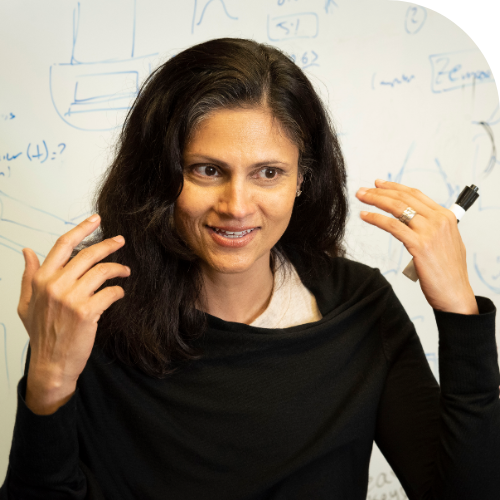
Dr Nimmi Ramanujam
Duke University
Plenary Speaker | Therapeutic & Diagnostic Systems and Technologies
Dr. Nimmi Ramanujam is the Robert W. Carr Professor of Engineering and Professor of Cancer Pharmacology and Global Health at Duke University and co-program leader of the Radiation Oncology and Imaging Program (ROIP) at the Duke Cancer Institute. Dr. Ramanujam’s research focuses on breast and cervical cancer. Her goals are to design innovations that enable complex referral services often reserved for hospitals to be accessible at the community/primary care level, develop technologies to see and treat women with early-stage disease in one visit and to develop tools that will make cancer treatment more effective and efficient. She founded the Center for Global Women’s Health Technologies (GWHT) in 2013 where she empowers trainees to create impactful solutions to improve the lives of women and girls globally. This center, since its inception, has catalyzed new research activities and the development and commercialization of several technologies that advance the prevention and treatment of cervical and breast cancer.
Talk title: Accelerating the Impact of Technology and Innovation for Global Cervical Cancer Prevention
Theme Keynote Speakers
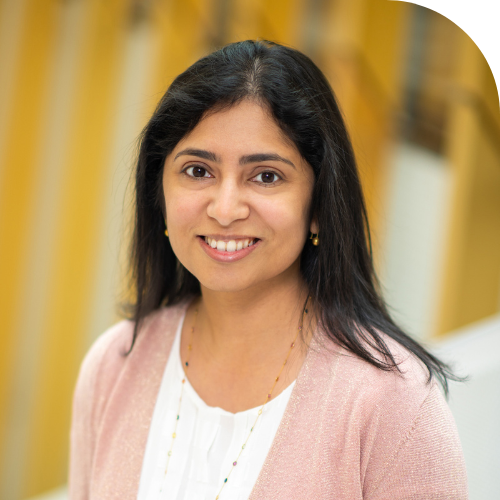
Professor Madhu Bhaskaran
RMIT University
Theme Keynote | Biomedical Sensors and Wearable Systems | Micro/Nano-Bioengineering, Cellular/Tissue Engineering & Biomaterials
Professor Madhu Bhaskaran FTSE is a multi-award winning electronics engineer and innovator – she has won the 2018 Batterham Medal from the Australian Academy of Technology and Engineering and the 2020 Frederick White Medal from the Australian Academy of Science. She co-leads the Functional Materials and Microsystems Research Group at RMIT University which she established in 2010. She also has leadership roles with the ARC Hub for Connected Sensors for Health and the ARC Centre of Excellence for Transformative Meta-Optical Systems. Her work on electronic skin and wearable sensors has been patented and her group works collaboratively with multiple industry and design partners to commercialise the technology for healthcare and aged care.
Talk title: Miniaturised sensors for health care and aged care
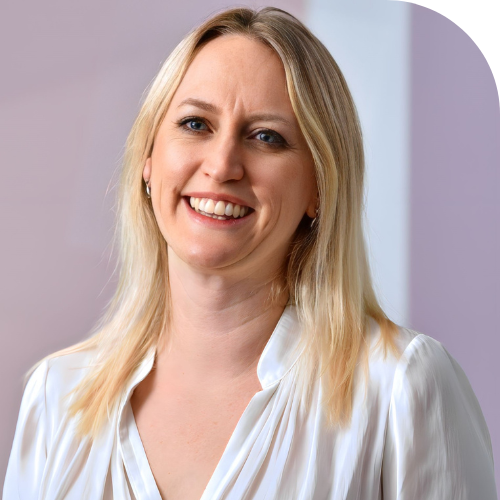
View Video on Rylie’s work that you can learn about EMBC 2023
Professor Rylie Green
Imperial College London
Theme Keynote | Neural and Rehabilitation Engineering
Prof Rylie Green, FIET, is the Head of Bioengineering at Imperial College London. In her research, Prof Green has developed a range of innovative materials to address the limitations that hinder the development of next-generation bioelectronic devices. Her focus has been in developing electrode technologies that are stretchable and mediate improved electrical charge transfer with the body, including pioneering living bioelectronics. Prof Green has also developed wearable diagnostic devices and drug delivery systems for localised chemotherapy based on her conductive material technologies. This research has initiated collaborations with Galvani Bioelectronics, Cochlear Ltd and the US Department of Defense. Prof Green is an Associate Editor for APL Bioengineering, Advanced Bionanomedicine and Biomaterials.
Talk title: Polymer Bioelectronics: A technology platform for stimulation, recording and drug delivery in implants and wearables
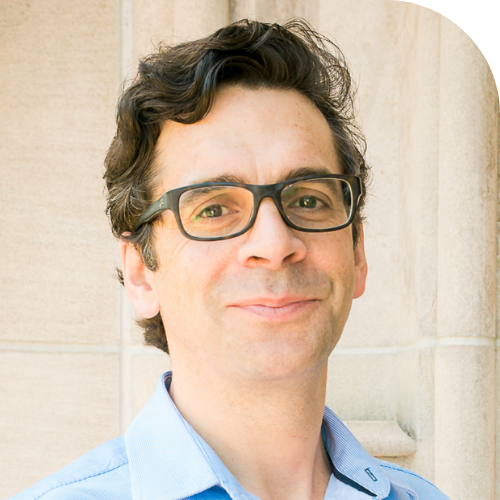
Professor Gari Clifford
Georgia Institute of Technology & Emory University
Theme Keynote | Biomedical Signal Processing | Biomedical & Health Informatics
Gari Clifford is Chair and Professor of Biomedical Informatics at Emory University, Professor of Biomedical Engineering at Georgia Institute of Technology, and Adjunct Faculty at Morehouse School of Medicine. Originally trained in theoretical physics, Dr. Clifford’s research focuses on the application of signal processing, machine learning and physiological modeling in medicine to classify, track and predict health and illness. His work spans cardiology, critical care, maternal/fetal Health, mental health and neurological diseases. While on faculty at the University of Oxford, he co-founded the Sleep & Circadian Neuroscience Institute, focusing on sleep and mental health. Dr Clifford has a specific interest in working with marginalized communities, particularly central America where he works with his anthropologist partner, Prof. Rachel Hall-Clifford, and with whom he jointly co-founded and co-leads the Co-design Lab for Health Equity and Safe+Natal. He is also a champion of Open Access data and Open Source software, particularly through his leadership of the PhysioNet/CinC Challenges and contributions to the PhysioNet Resource, which began at MIT over two decades ago. Dr Clifford was recently elected as a Fellow of the IEEE for contributions to machine learning applications in cardiovascular time series.
Talk title: Barriers to the use of machine learning in biomedical applications, potential solutions, and a new hope
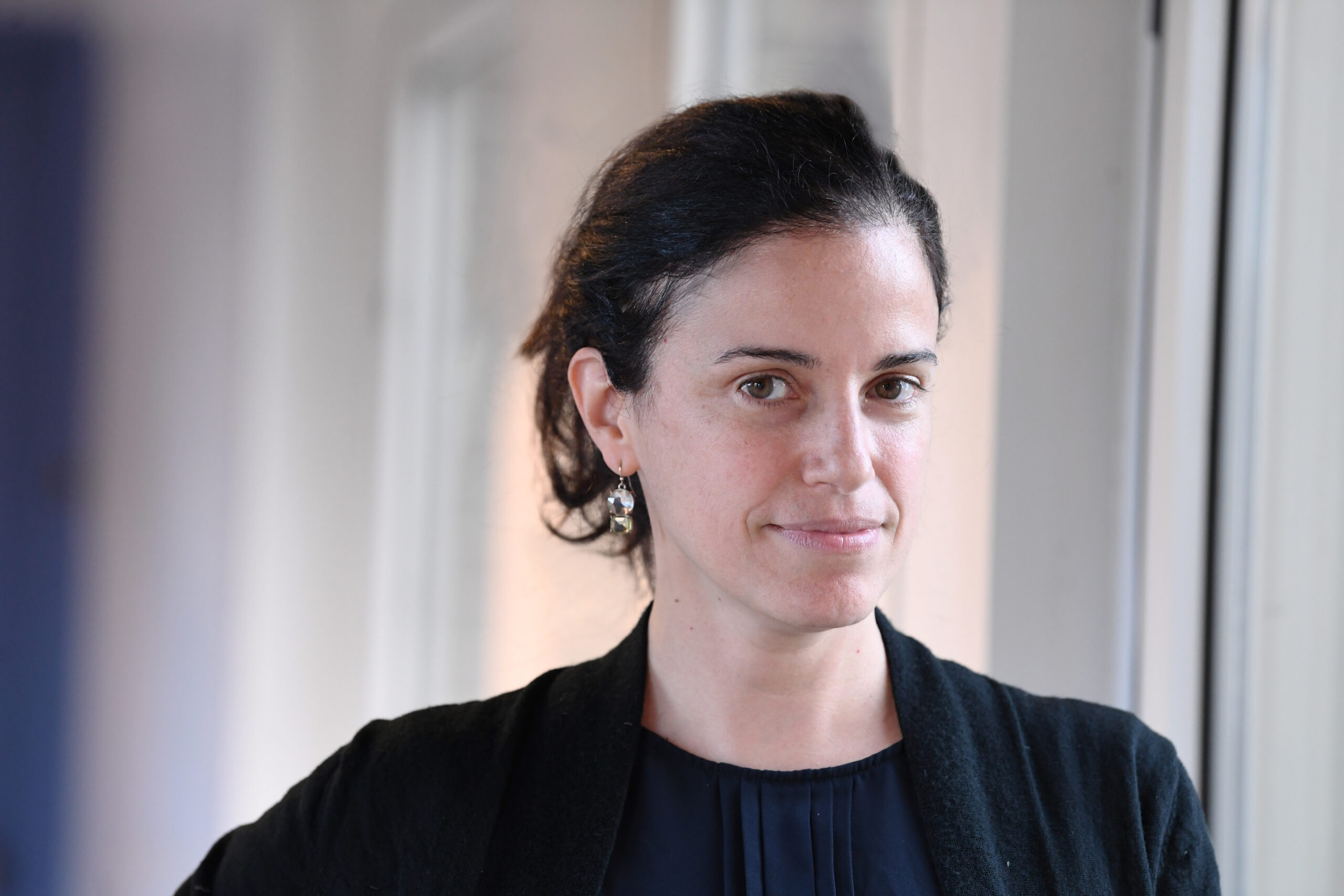
Professor Elisa E. Konofagou
Robert and Margaret Hariri Professor of Biomedical Engineering
Theme Keynote | Biomedical Imaging and Image Processing
Elisa Konofagou is the Robert and Margaret Hariri Professor of Biomedical Engineering and Professor Radiology as well as Director of the Ultrasound and Elasticity Imaging Laboratory at Columbia University in New York City. Her main interests are in the development of novel theranostic and therapeutic ultrasound methods for the advancement of therapeutic ultrasound. Elisa has co-authored over 270 published articles in the aforementioned fields. She is recipient of the CAREER award by the National Science Foundation (NSF), the Nagy award by the National Institutes of Health (NIH), the Technological Achievement Award by the Institute of Electrical and Electronic Engineers (IEEE) Engineering in Medicine and Biology society (EMBS), the Carl Hellmuth Hertz Ultrasonics Award by the IEEE Society in Ultrasonics, Ferroelectrics and Frequency Control (UFFC) gas well as additional recognitions by the American Heart Association, the Acoustical Society of America, the American Institute of Ultrasound in Medicine, the American Association of Physicists in Medicine, the Wallace H. Coulter foundation, the Bodossaki foundation, the Society of Photo-optical Instrumentation Engineers (SPIE) and the Radiological Society of North America (RSNA).Elisa is an Elected Member of the National Academy of Medicine (US), an Elected Fellow in multiple organizations including the IEEE, the American Institute of Biological and Medical Engineering (AIMBE) and of the Acoustical Society of America (ASA).
Talk title: Theranostic ultrasound: Bridging the imaging and therapeutic capabilities of ultrasound
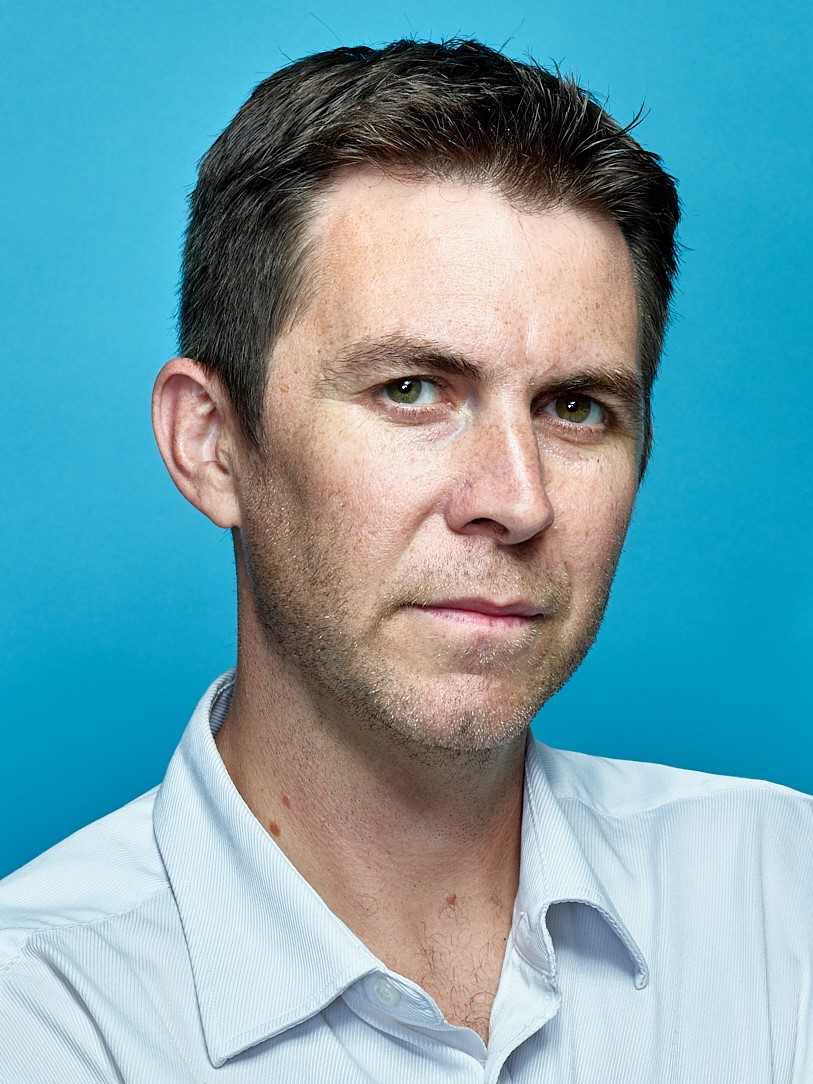
Dr Daniel Timms
BiVACOR
Theme Keynote | Cardiovascular and Respiratory Systems Engineering | Therapeutic & Diagnostic Systems and Technologies | Translational Engineering for Healthcare Innovation and Equity
Dr Timms has devoted his research and development career to the advancement of cardiovascular devices, focusing on rotary blood pump technology to treat congestive heart failure. He has led the development of multiple devices and research programs in Australia, Germany and the USA, and is the founder and CTO of BiVACOR, Inc., Houston, TX, USA, a company dedicated to the development of a rotary total artificial heart (www.bivacor.com). Dr Timms completed his postdoctoral training at The Prince Charles Hospital, founding the innovative cardiovascular engineering and technology laboratory (ICET Lab) Brisbane, Australia, and at the Helmholtz Institute, Aachen, Germany, one of Europe’s leading cardiovascular device research centers. Following this, he held the position of Associate Director for Cardiac Support at the Texas Heart Institute (THI), managing the cardiovascular engineering projects within the Institute. Dr Timms founded BiVACOR Pty Ltd in Australia in 2008, followed by BiVACOR Incorporated in 2013 in the USA. He is currently appointed to the Board of Directors of the International Society of Mechanical Circulatory Support and was the recipient of the Young Alumnus of the year award in 2013 from Queensland University of Technology and was a QLD finalist for Australian of the Year in 2023.
Talk title: A Decades Long Quest to Develop an Artificial Heart
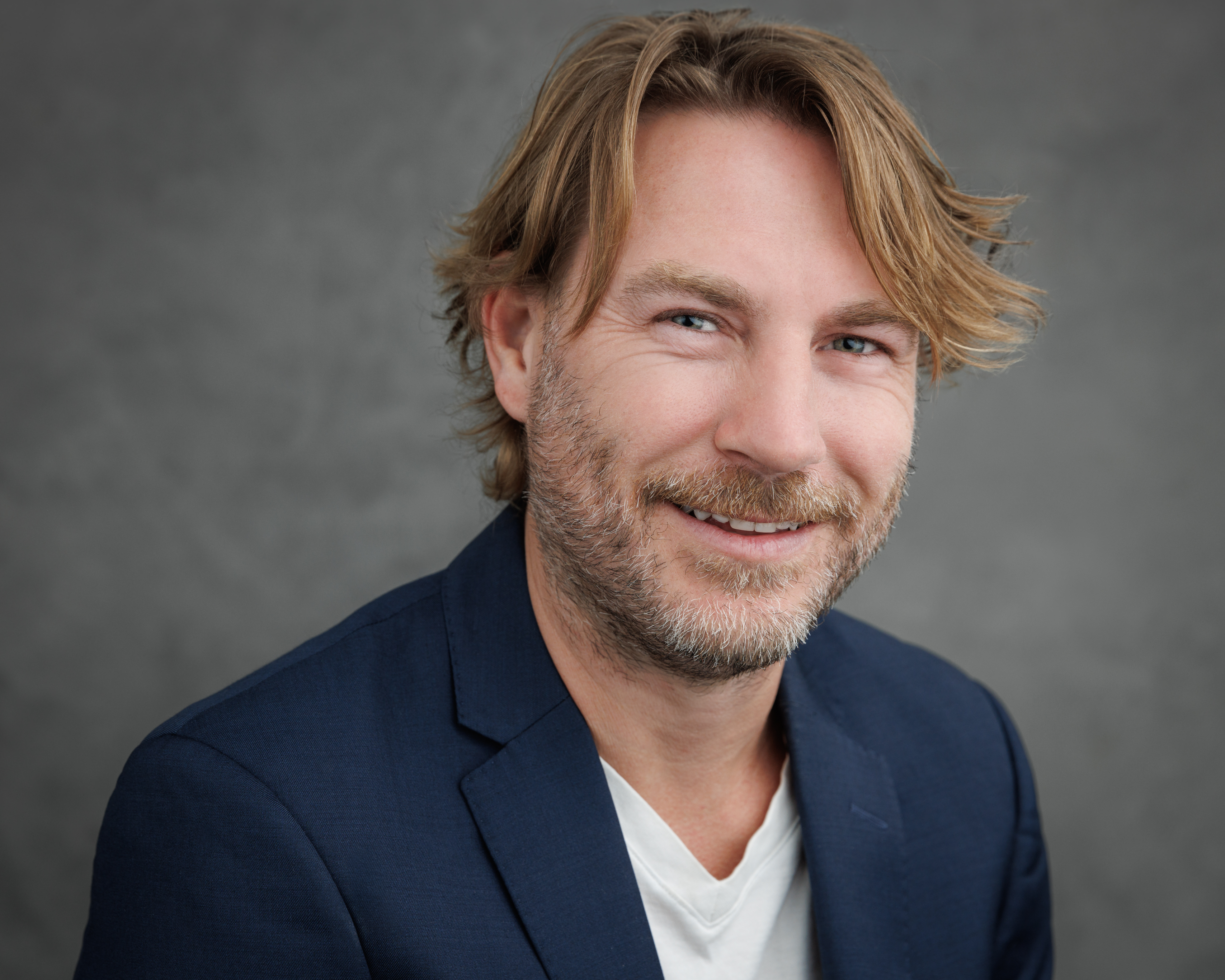
Professor Nicholas Opie
BE BSc PhD MBA
Theme Keynote | Neural and Rehabilitation Engineering | Therapeutic & Diagnostic Systems and Technologies | Translational Engineering for Healthcare Innovation and Equity
Professor Nicholas Opie BE BSc PhD MBA is a biomedical engineer and world expert in neural interfaces. He is Professor and Laboratory Head of the Vascular Bionics Laboratory, Department of Medicine, University of Melbourne, and an NHMRC Research Fellow.
Prof Opie has taken multiple numerous biomedical devices from concept to clinic, including a suprachoroidal retinal prosthesis (bionic eye) designed to restore sight to those with profound vision loss, and a motor neuron prosthesis (bionic spine) that is aimed at restoring independence, communication and mobility to those with paralysis. He has published over 55 peer reviewed articles in journals including in Nature Biomedical Engineering and Nature Biotechnology, and has filed over 90 patents, and was awarded the 2021 NFMRI John Raftos AM Award for Advancing Innovation.
Prof Opie is the founding CTO of Synchron, a neural interface company based in Melbourne and New York and has raised over AUD$210M in both private funding and grants. Prof Opie designed and developed Synchron’s flagship product, the Stentrode™, listed in Time Magazine’s Top 100 Inventions of 2021. The Stentrode and Synchron system aims to provide treatment for debilitating medical illnesses and enable patients to feel empowered by reconnecting online in ways that dramatically improve their lives.
Following a successful first-in-human trial conducted in Australia on the Stentrode motor neruro prosthesis, Prof Opie and Synchron recently received approval from the US FDA. This trial will commence this year and paves the way towards the first FDA approval for implantable brain computer interfaces.
Talk title: Stentrode: The Journey from Concept to Clinic.
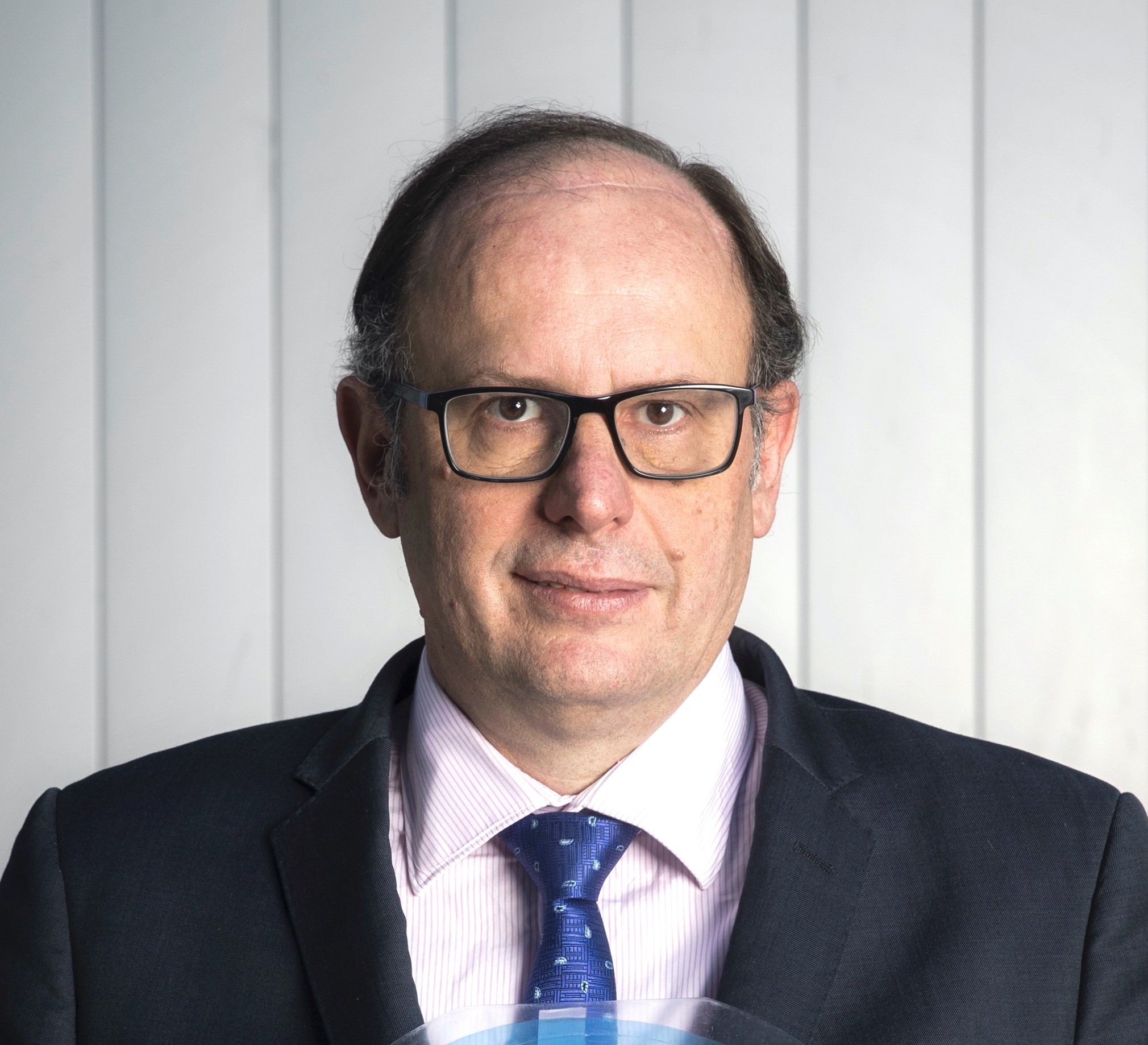
Professor John Parker
UNSW
Theme Keynote | Neural and Rehabilitation Engineering | Therapeutic & Diagnostic Systems and Technologies | Translational Engineering for Healthcare Innovation and Equity
John Parker is a medical devices technology inventor and researcher. He is the founder of Saluda Medical and a former executive director at Cochlear Pty Ltd. With more than 10 years experience as CEO John is a senior executive with considerable experience in the successful conception, research, development and commercialization of technology. He has experience in all aspects of innovation from basic research to product planning, R&D, industrialization, operations management and development and implementation of business strategy.
John is currently the Chairman of Biotechnology startup company Ferronova Pty Ltd, member of the NSW department of health medical device fund expert panel and serves in an advisory capacity for a number of private and public sector organisations. He is passionate about seeing technology move from bench to bedside and assisting the development and growth of the medtech industry in Australia. His contributions to science and engineering have been recognised by the award of the prestigious Clunies Ross Medal in 2010 and Research Australia Award for innovation in 2020.
Talk title: The lessons learned building a global medical device company: The Saluda Medical Story
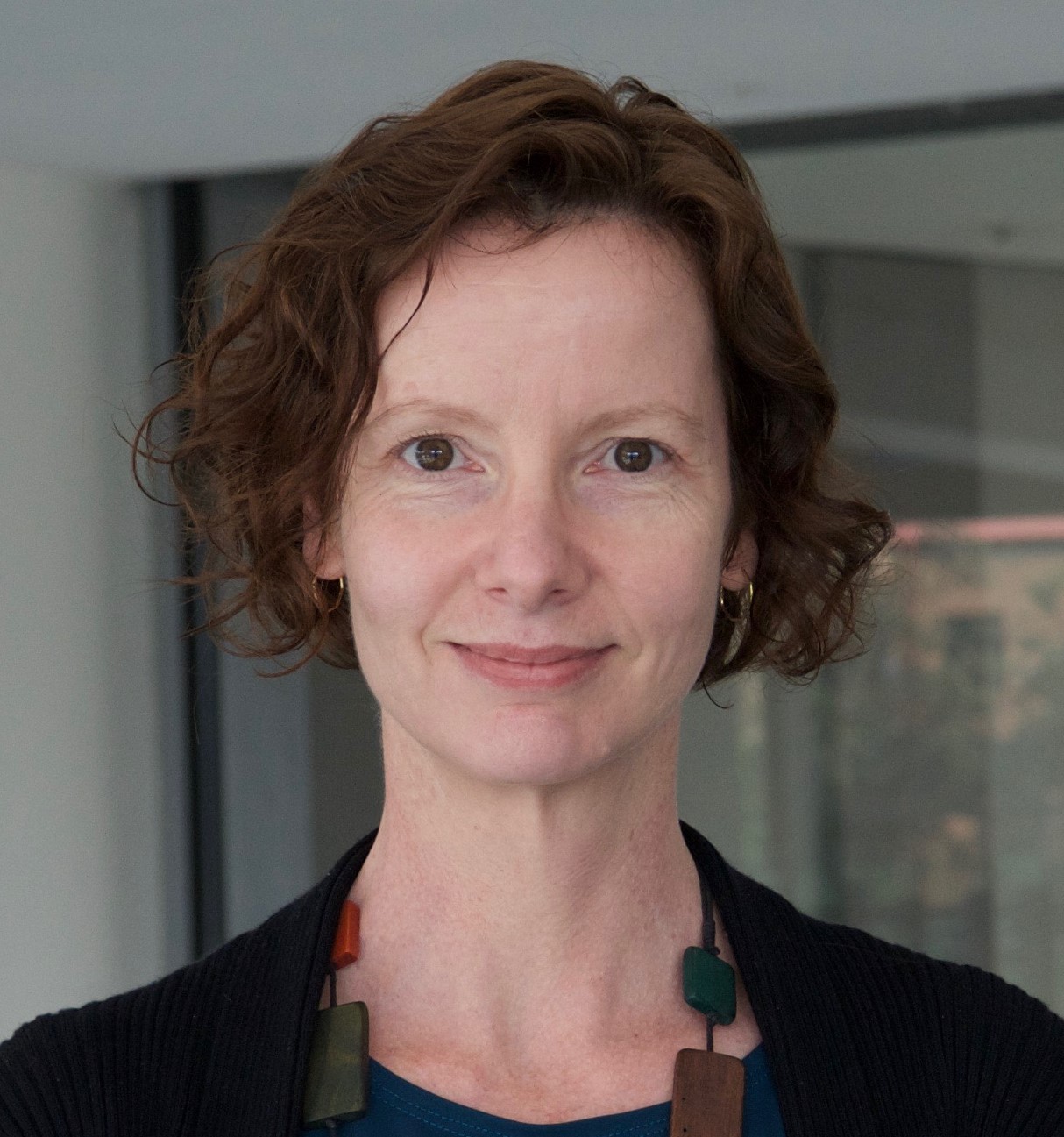
Professor Lynne Bilston
Biomedical Engineer – NEURA
Theme Keynote | Biorobotics and Biomechanics | Biomedical Imaging and Image Processing
Lynne Bilston is a biomedical engineer whose research focuses on how mechanical forces are involved in physiological and pathophysiological processes in the body. Her research encompasses injury biomechanics, neural and other soft tissue biomechanics, and the development of novel imaging methods for making biomechanical measurements in vivo, such as MR elastography. She has a PhD in bioengineering from the University of Pennsylvania and is a National Health and Medical Research Council of Australia Investigator fellow, and an elected fellow of the Australian Academy of Health and Medical Sciences. She is a Senior Principal Research Scientist at Neuroscience Research Australia, and a conjoint Professor at the University of New South Wales in the Faculty of Medicine.
Talk title: MR Imaging-derived Biomechanical Insights in difficult to treat health conditions
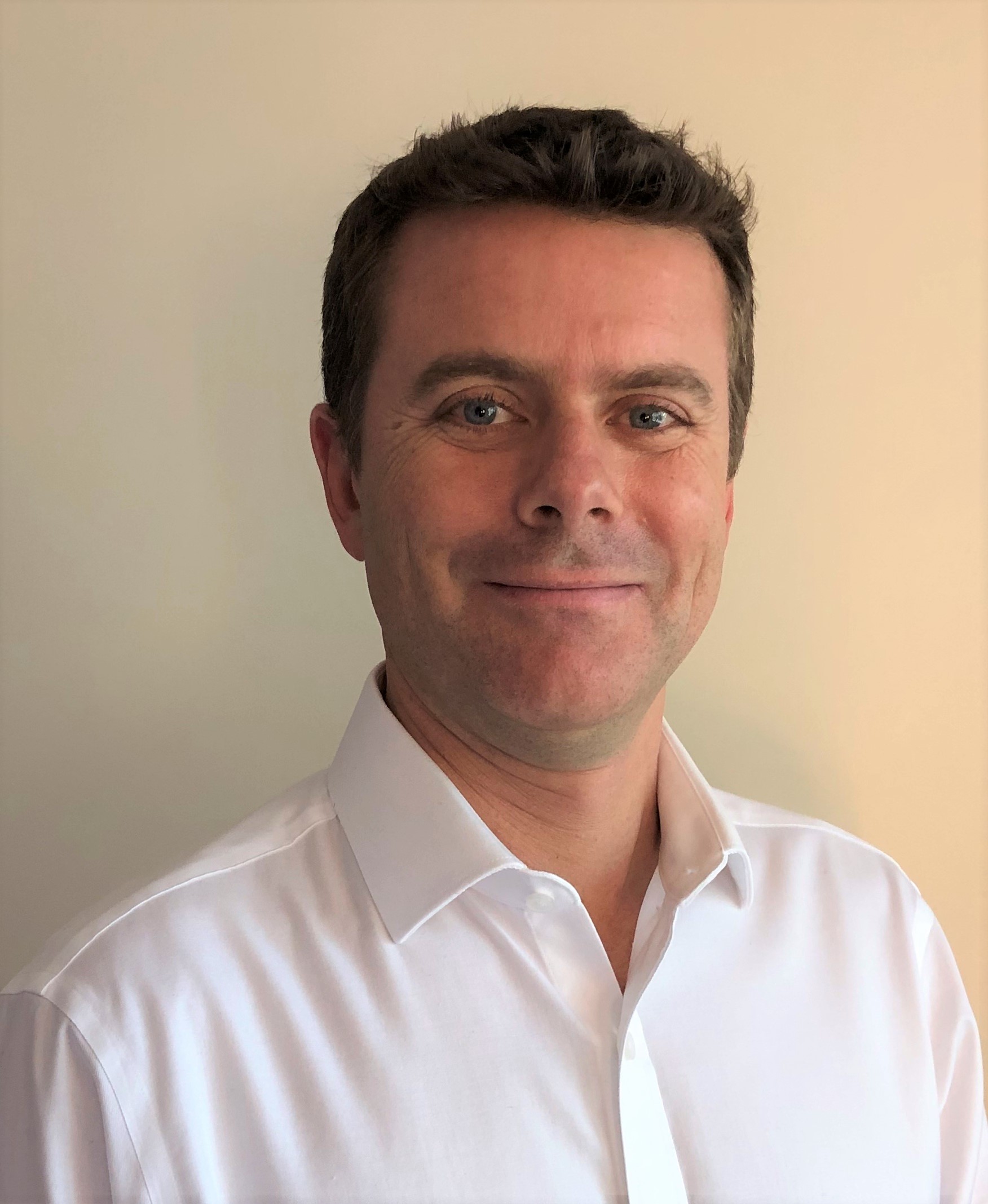
Oliver Ridler
Director Implants Electrical, Cochlear
Theme Keynote | Neural and Rehabilitation Engineering | Translational Engineering for Healthcare Innovation and Equity
Oliver Ridler is the Director of Implants Electrical Engineering at Cochlear. He studied electrical engineering at the University of Sydney, graduating with First Class Honours. Prior to joining Cochlear in 2008, Oliver worked extensively in micro-electronics in the Telecommunications sector. Oliver has been a key contributor to a wide range of implantable, and wearable, bionics. He has worked in development and leadership roles in projects, including the Nucleus® 5, Nucleus 6 behind-the-ear, and Nucleus Kanso® off-the-ear cochlear implant sound processors. He is now working on Cochlear’s next-generation hearing solutions and holds a wide variety of patents in areas including stimulation techniques, beamforming, implant safety, interference reduction, and transcutaneous power and data transmission for implantable devices. Oliver is passionate about innovating to help people with hearing loss hear and be heard.
Talk title: Innovations in Cochlear implants; past and future
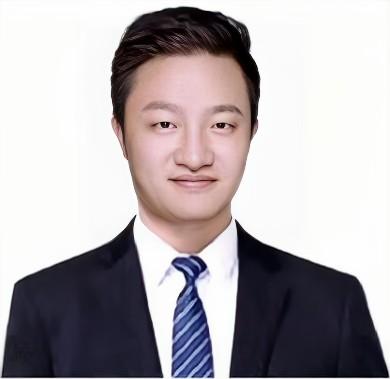
Professor Jinhong Guo
Shanghai Jiaotong University
Theme Keynote | Micro/Nano-Bioengineering, Cellular/Tissue Engineering & Biomaterials
Prof Jinhong Guo is a full professor in Shanghai Jiao Tong University, China and executive dean of Chongqing Medical University, China. His current research focuses on smart biosensors and lab-on-a-chip devices for Point of Care Test toward clinical use. He is a recipient of the National Science Foundation for Outstanding Young Scholars, China; Sichuan Thousand Talents Plan for Scholars Award and Chengdu Expert in Science and Technology Award. He has published more than 200 journal papers, including more than 180 papers as the first or corresponding author, which were published in Angew Chem, ACS Nano, Analytical Chemistry, Sensor and Actuator B Chemical, Biosensor and Bioelectronics, IEEE TII, IEEE TMTT, IEEE TBioCAS,IEEE TBME, IEEE TED and other top international journals in the field of sensing. 10 papers have been selected as ESI highly cited papers. The Google academic citations are more than 5000 times.
Talk title: MedSensing in Internet of Medical Things
Click on the image for more information.
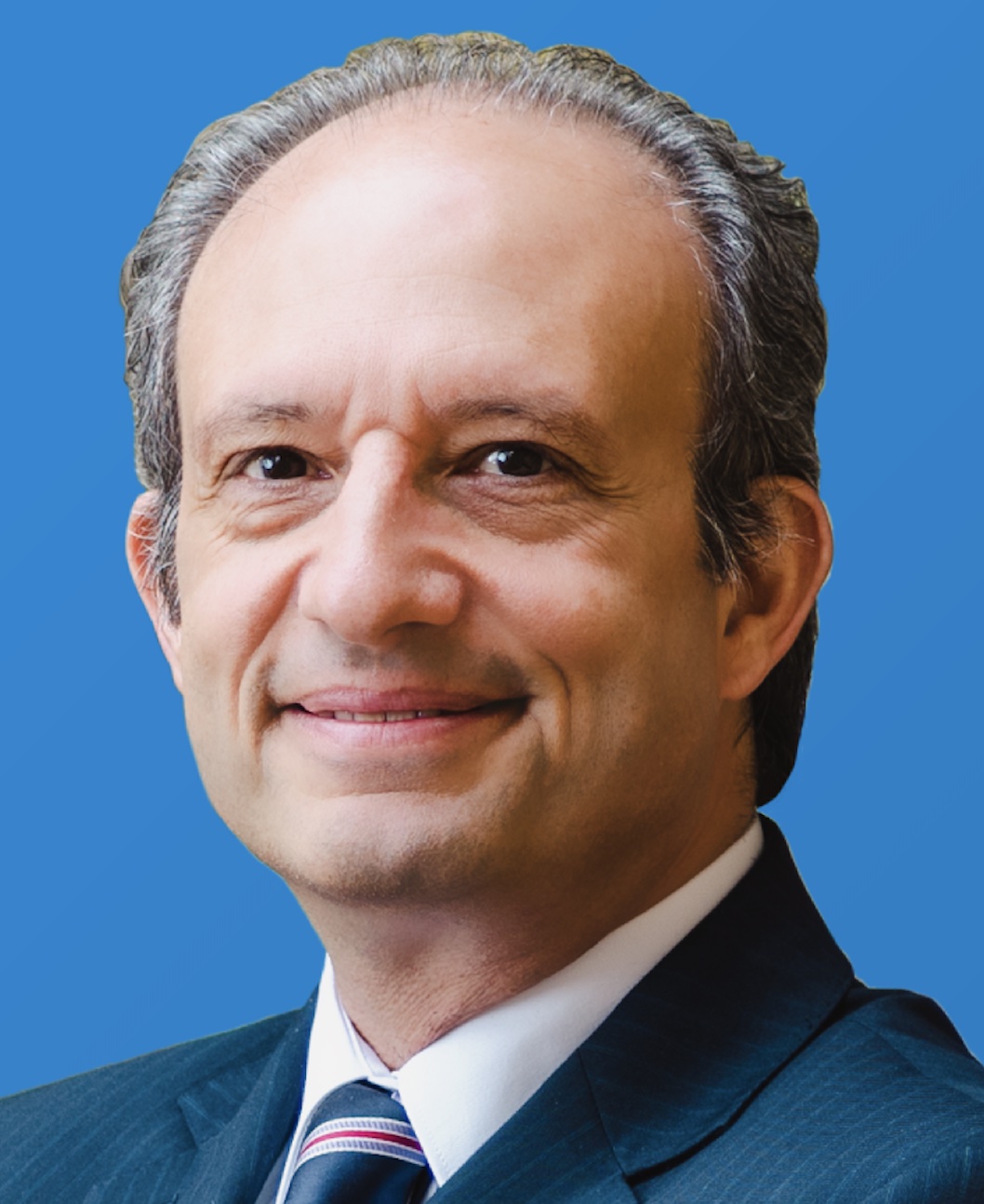
Professor Derek Abbott
University of Adelaide
Theme Keynote | Biomedical & Health Informatics | Computational Systems, Modeling and Simulation in Medicine, Multiscale Modeling & Synthetic Biology
Professor Derek Abbott obtained a B.Sc. (Hons) in Physics from Loughborough University, UK, and then a Ph.D. in EEE from the University of Adelaide. He was with the General Electric Company (GEC), London, UK, from 1978 to 1986, Austek Microsystems 1986 to 1987, and has since been with University of Adelaide. He is an Honorary Fellow of Engineers Australia, Fellow of the Institute of Physics (IoP), UK, and a Fellow of the IEEE, USA. He has won a number of awards, including the SA Tall Poppy Award for Science (2004), the David Dewhurst Medal (2015) for biomedical engineering, the Barry Inglis Medal (2018), and the M. A. Sargent Medal (2019) for eminence in engineering. He is on the editorial boards of PNAS Nexus and Nature’s Scientific Reports. He serves on the IEEE Publications and Products Services Board (PSPB) and is currently Editor-in-Chief of IEEE Access.
Talk title: Cracking the Identity of the Somerton Man—a biomedical engineering approach to human identification
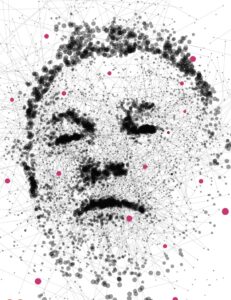
The mystery of the Somerton Man relates to a body found on an Australian beach in 1948 that remained unidentified for >70 years. In 2022, the man was finally identified as Charles Webb using DNA.
This is a world record for the oldest forensic genealogy DNA identification using only human hair shaft (without a hair root). This talk will describe the forensic and biomedical engineering techniques used to crack this case, the lessons learned, and the open problems for future research in Human Identification.
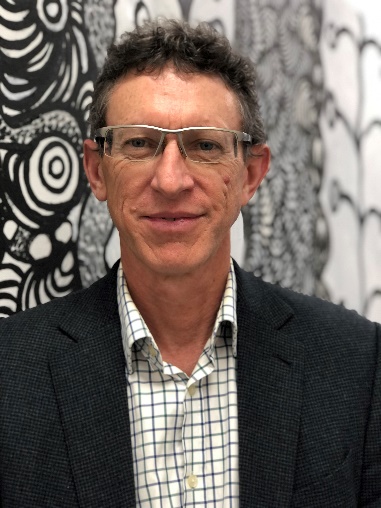
Dr Jeff Armitstead
ResMed & The University of Sydney
Theme Keynote | Cardiovascular and Respiratory Systems Engineering
Dr. Jeff Armitstead, PhD, is a biomedical engineer with a background in medical device technology, research, and leadership. He currently holds an executive position at ResMed Pty Ltd, a global leader in connected medical devices to treat sleep and respiratory conditions and digital health. With over 25 years of experience in the medical device industry, Jeff has made significant contributions in various areas, including technology development, software, algorithms, machine learning, clinical trials, and product development.
As the Vice President of Clinical Science & Operations at ResMed, Jeff also serves on the board of an early-stage technology company, and mentors other early-stage companies and founders. He has provided industry insights as a member of local biomedical engineering faculty advisory boards. He is a senior member of the IEEE and was previously the local chapter chair for the NSW EMBS. Jeff is passionate about leveraging technology and data to make a positive impact in people’s lives and is also dedicated to coaching and mentoring others in their professional journeys.
